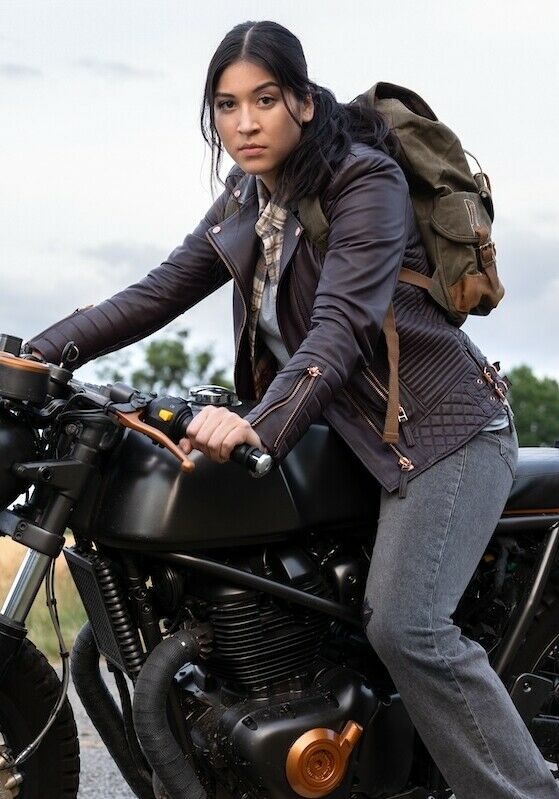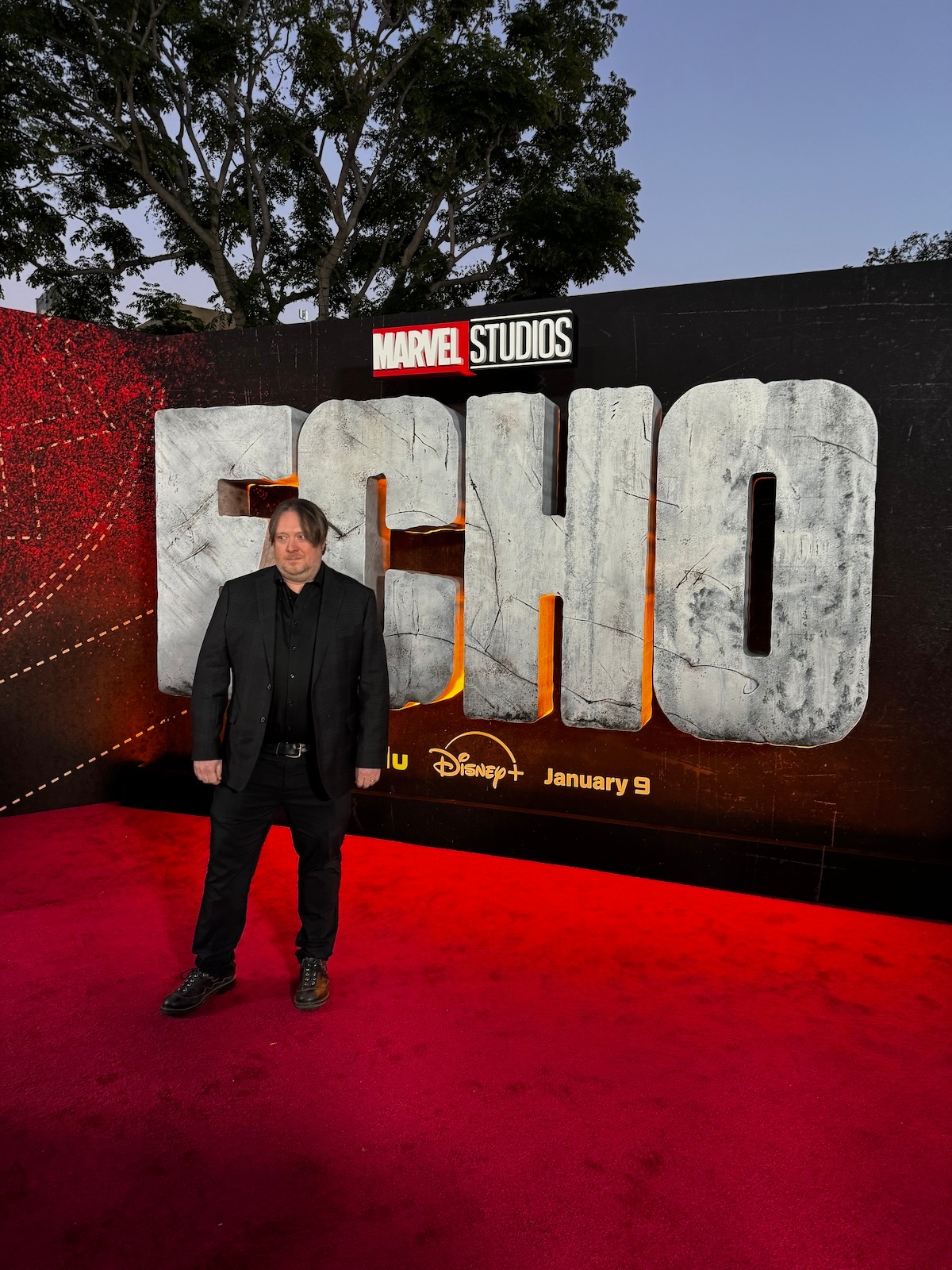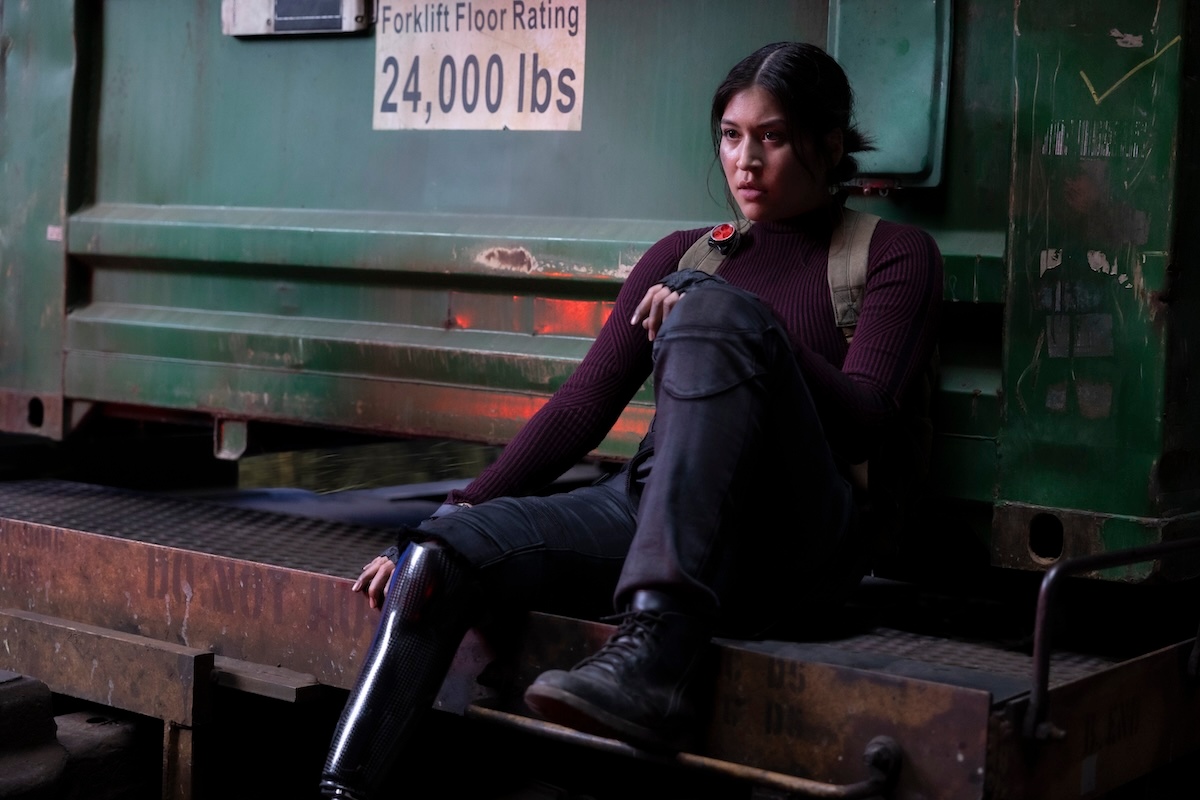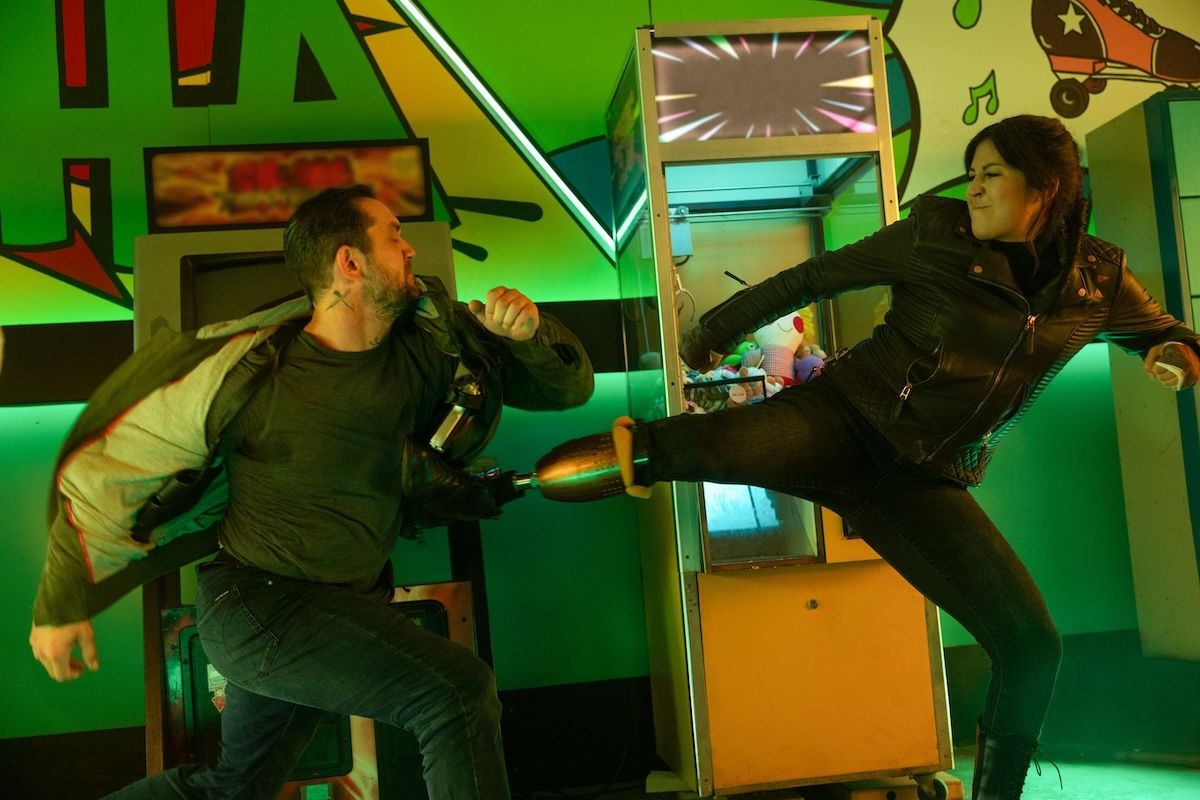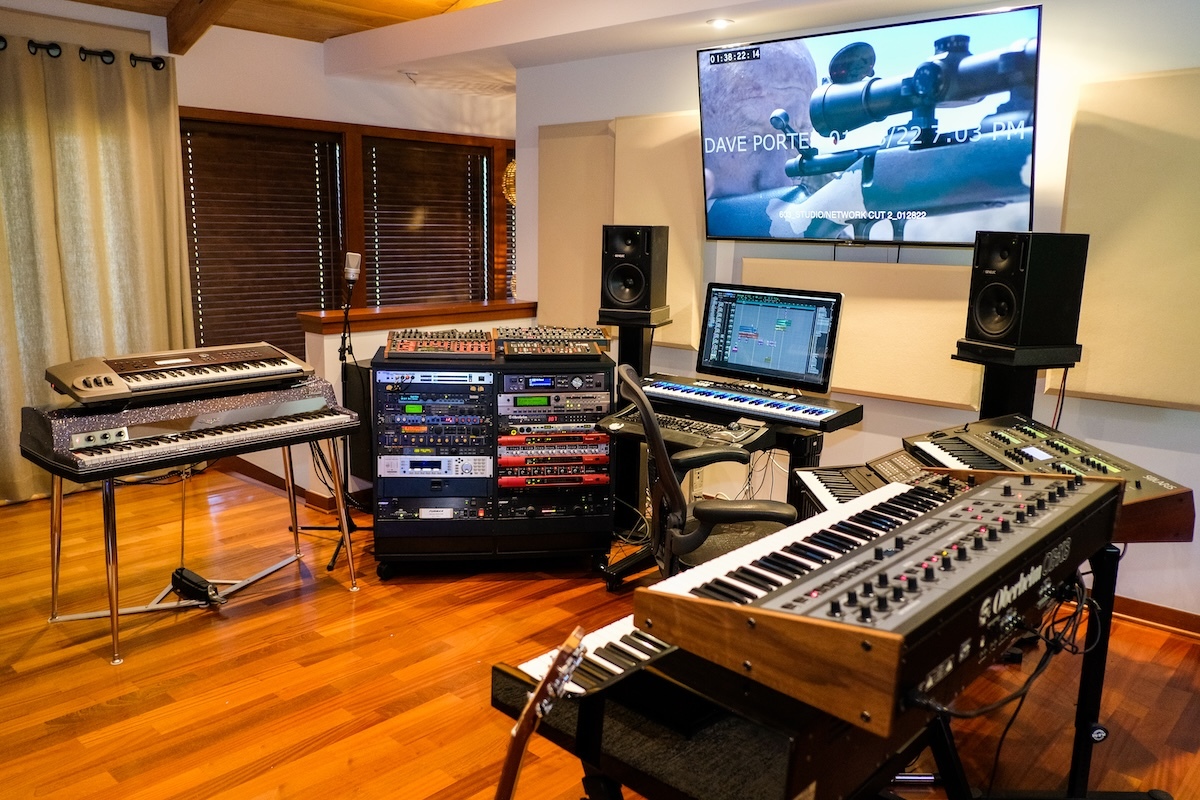Breaking Bad, acclaimed for his work on Breaking Bad and Better Call Saul, has firmly bid farewell to the two iconic and critically acclaimed series that brought audiences Heisenberg and Saul Goodman, diving into his next project: composing the score for Marvel's newest series, Echo.
As the composer behind the series, Porter weaves a captivating score that enriches the narrative, capturing the essence of Maya Lopez's (Alaqua Cox) journey as she confronts her family and legacy while being pursued by Wilson Fisk’s (Vincent D’Onofrio) criminal empire.
Known for his innovative dark approach, Porter explains how he incorporated an Indigenous chant from the Choctaw Nation, infusing the soundtrack with a culturally resonant and unique touch…
Is Echo your first big project since your Vince Gilligan projects ended?
This was the next thing that came along after the end of Better Call Saul and also on the end of a tenure run on a show called The Blacklist, so it was a big change for me. I've had the good blessing of having worked for such a long time on the same projects, that I haven't been out there looking for new stuff. So this past year was a great chance for me to hit the reset button and really try to push myself to try something new, and that's definitely what we did with Echo.
Was it at all difficult to switch up your creative mindset out of that Breaking Bad / Better Call Saul way of thinking in your approach to composing music?
It was tricky in some ways, but the fact that I was really looking for something new and looking to open my eyes to different ways of working with different people made me primed and ready to do it. I was definitely up for the challenge. But no question, working on a big project like this with a big entity like Marvel is very different from working from the small group of creatives that I've worked with on shows like Better Call Saul and Breaking Bad.
